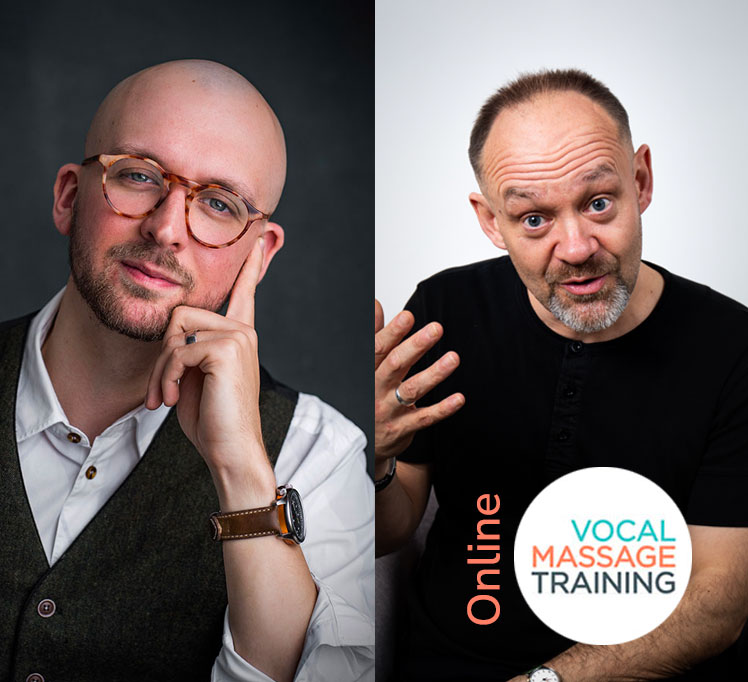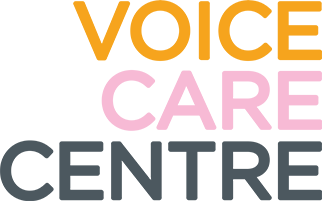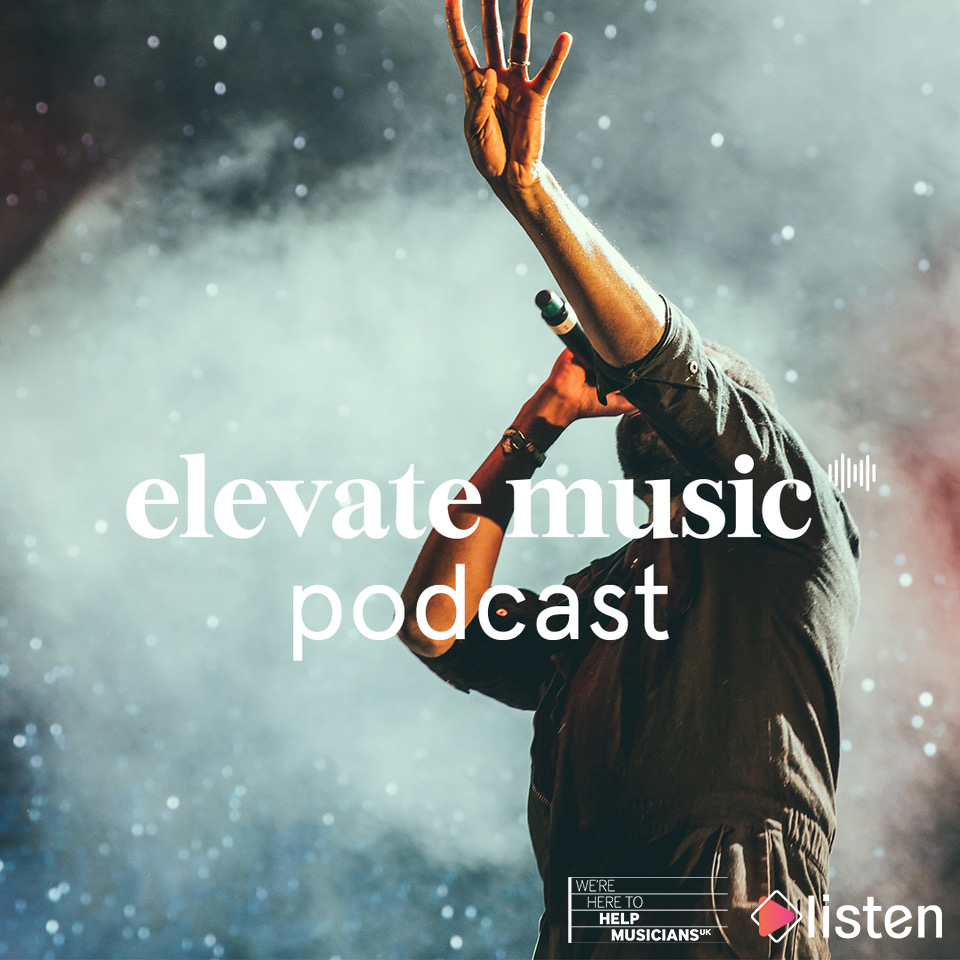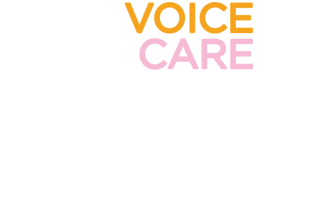Online Vocal Massage Training
Join Stephen King, the founder of the VOICE CARE CENTRE with Robert Price to learn the full Vocal Massage Training qualification ONLINE.

Duration and Dates 2025 cohort 2
12 weeks at 14:00 – 17:00 UK time
July 6th, 13th, 20th, 27th
August 3rd, 10th, 17th, 24th, 31st
September 7th, 14th, 21st
£1,675 for the full course, payable in one payment or a 50% deposit and 50% final payment 2 weeks before the start of the course
Course content
This course will be delivered LIVE on Zoom each week, and requires 90% attendance to achieve certification. There will not be any pre-filmed content as this course is delivered LIVE.
This course also requires you to have a person who you can perform the moves on for the duration of the course.
Weeks 1&2, An Introduction to Vocal Massage
What will I learn?
1. Palpation of the soft tissue, cartilage and bone structures surrounding the vocal system.
– Sternocleidomastoids
– Submandibular region
– Transverse processes of the Cervical Spine
– Masseter
– Temporalis
2. Exploring the Biopsychosocial philosophy in relation to Manual Therapy
– Synthesising evidence based medicine, research and the story of the patient to maximum treatment outcomes
Weeks 3 & 4, The Jaw
What will I learn?
1. Palpation and treatment for the Jaw
– Masseter
– Temproalis
– Buccinator
– Pterygoid (external)
– Digastric
2. Exploring the Anatomy, Pathology and various treatments associated with the Jaw including
– TMJ-D
– Lock Jaw
– Translation or dislocation of the retrodiscal tissue
– Headaches
– Jaw tension in the singer / pro voice user
Weeks 5 & 6, The Neck
What will I learn?
1. Palpation and treatment for the Neck region and postural muscles
– Trapezius
– Sternocleidomastoids
– Transverse Processes of the Cervical Spine
– Scalene
2. Exploring the Anatomy, Pathology and various treatments associated with the Neck including
– Arterial dissection
– Cervicogenic Headaches
– Whiplash
– Tortocollis
– Neck tension in the singer / pro voice user
Weeks 7 & 8, Intra-oral Treatments
What will I learn?
1. Palpation and treatment for the muscles inside the mouth
– Lateral Pterygoids
– Medial Pterygoids
– Tongue
2. Exploring the Anatomy, Pathology and various treatments for inside the mouth
– Trauma Aware lecture, sexual abuse, physical or emotional abuse and how we might consider these in our treatment plan
– TMJ-D
– Tongue tie
– Increasing / restoring resonant capabilities in the singer or pro voice user
Weeks 9 & 10, Laryngeal Manipulation
What will I learn?
1. Palpation and treatment for the muscles and cartilage of the Larynx
– Sternothyroid
– Sternohyoid
– Hyoid manipulation
– Cricothyroid
– Thyrohyoid membrane
2. Exploring the Anatomy, Pathology and various treatments for the Larynx
– Revisiting trauma Aware lecture, sexual abuse, physical or emotional abuse and how we might consider these in our treatment plan
– “Lacking tilt”
– Muscle Tension Dysphonia
– Hoarseness
– Fatigue
Weeks 11 & 12, Final Review, Q&A and Revision Time
What will I review?
1. Palpation and treatment for the muscles and cartilage of the Larynx
– Sternothyroid
– Sternohyoid
– Hyoid manipulation
– Cricothyroid
– Thyrohyoid membrane
Palpation and treatment for the muscles inside the mouth
– Lateral Pterygoids
– Medial Pterygoids
– Tongue
Palpation and treatment for the Jaw
– Masseter
– Temproalis
– Buccinator
– Pterygoid (external)
– Digastric
Palpation and treatment for the Neck region and postural muscles
– Trapezius
– Sternocleidomastoids
– Transverse Processes of the Cervical Spine
– Scalene
Safety first
Each student will be formally assessed at the end of the online learning period by submitting a full treatment that will have been video recorded. For this, you will need a volunteer client to receive the treatment.
Written feedback will be given; in some cases, the student may be asked to retake certain modules to meet the satisfactory criteria for passing the course.
Will this mean I can start work as a vocal massage therapist?
With our partnering medical malpractice insurance, you will be fully insured to practise this work once qualified in the UK. It is up to each student to asses the suitability of this practice in their country.




